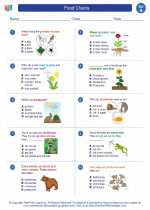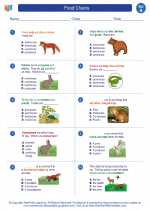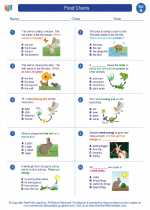Fossil Record
The fossil record is a collection of all the fossils ever discovered on Earth. Fossils are the preserved remains or traces of ancient organisms, such as plants, animals, and other organisms. They provide evidence of the history of life on Earth and the process of evolution.
How Fossils Form
Fossils can form in a variety of ways. The most common way is through the process of gradual burial and mineralization. When an organism dies, it can become buried in sediment, and over time, the organic materials are replaced by minerals, creating a fossil.
Types of Fossils
There are several types of fossils, including:
- Body fossils: These are the actual remains of an organism, such as bones, teeth, or shells.
- Trace fossils: These are the preserved evidence of an organism's activity, such as footprints, burrows, or coprolites (fossilized feces).
Importance of the Fossil Record
The fossil record is important because it provides a record of the history of life on Earth, including the diversity of organisms that have existed over time and how they have changed and evolved. It also helps scientists understand the past environments and the relationships between different species.
Studying the Fossil Record
Scientists study the fossil record by examining and documenting fossils, analyzing the geological layers in which they are found, and using techniques such as radiometric dating to determine the age of fossils and the rock layers in which they are found.
Key Concepts to Remember
- The fossil record is the collection of all the fossils ever discovered on Earth.
- Fossils form through gradual burial and mineralization.
- There are different types of fossils, including body fossils and trace fossils.
- The fossil record helps scientists understand the history of life on Earth and the process of evolution.
◂Science Worksheets and Study Guides First Grade. Food Chains

 Activity Lesson
Activity Lesson
 Worksheet/Answer key
Worksheet/Answer key
 Worksheet/Answer key
Worksheet/Answer key
 Worksheet/Answer key
Worksheet/Answer key
 Worksheet/Answer key
Worksheet/Answer key
 Vocabulary/Answer key
Vocabulary/Answer key
 Vocabulary/Answer key
Vocabulary/Answer key
